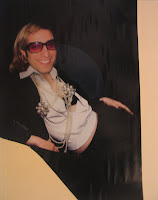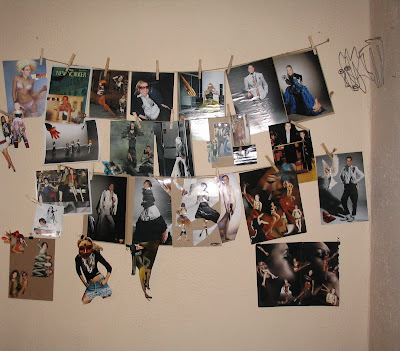This is about judging an act beyond the intertwining relationship of the person and their act.
Can you objectively value what someone does or say purely based on that and without asking about the doer? I don't mean the intentions of the person, but who they are? their socio-economic and demographic attributes? their personal, emotional and life stories?
I had a discussion over a letter written from one acclaimed international figure to another one, that I found to be unintelligent and not well-delivered. I formed an opinion based on the content and tone of the letter, and ignored who was on each side of the letter. People opposing my opinion, focused on the status, experience, fame, and characteristics of each individual, such as their sensitivity levels, their life suffering, etc., and valued and viewed the letter very differently than how I did.
This is very interesting as it can be manifested in many forms. For example, the artist and their work of art have a very intimate relationship but conventional wisdom suggests that works of art should be evaluated based on the work and not who the artist is. On the other hand, in the legal system, the actions of individuals are evaluated based on the harm they purport on others and the society, but in assessing a punishment, the perpetrator is evaluated as well. Anything that can justify why the bad act took place eases the judgment and the sentence.
We can see similar situation in politics, in relationships (both personal and professional), and in business. Is this a cultural issue where some culutres tend to mix the two more than others? If so is one way superior to the other? and should we try to become 'person-blind' when it comes to our judging an act, a thought, a work of art, a policy, a word, and an idea?


















